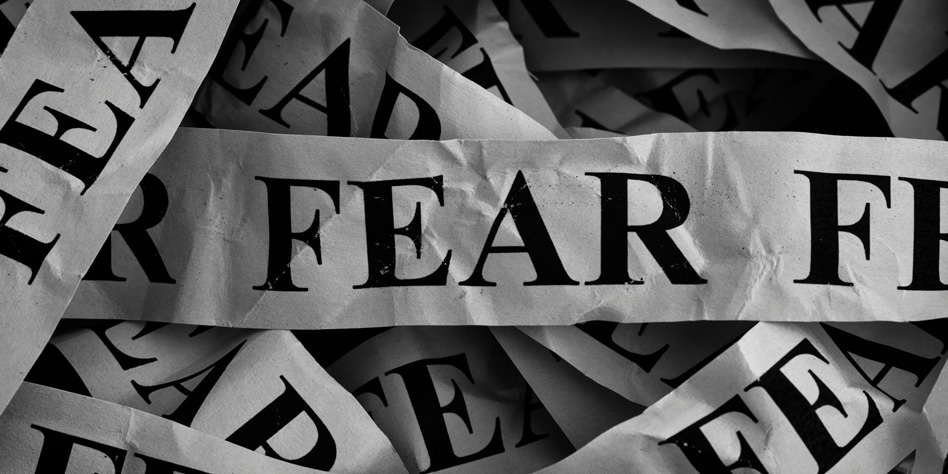
Fear, uncertainty, and doubt — commonly known as FUD — have long haunted the cryptocurrency space, particularly Monero. As the most recognized privacy coin on the market, Monero (XMR) frequently finds itself at the center of criticism and misinformation. Even the IRS once offered a $625,000 reward to anyone who could crack Monero’s privacy protocols. This article takes a closer look at the most common FUD surrounding Monero and breaks down the facts that expose these claims as misleading.
“Only Criminals Use Monero”
One of the most common myths is that Monero is used exclusively for illegal activity. While it’s true that Monero’s privacy features appeal to a wide range of users — including some bad actors — the same can be said for cash. In fact, a study by Simon Butler of Royal Holloway, University of London, found that cash remains the top choice for criminals. According to Chainalysis, in 2020, criminal activity accounted for just 0.34% of all crypto transactions — a steep decline from 2.1% in 2019. The majority of Monero users are everyday people who simply value financial privacy in a world plagued by data leaks and invasive surveillance.
“No One Uses Monero”
Despite the lack of corporate marketing or VC funding, Monero adoption continues to rise. Today, more than 1,200 merchants worldwide accept XMR as a form of payment. Its decentralized nature and grassroots development have only strengthened its credibility. Monero’s growing ecosystem includes payment gateways, donation platforms, and even brick-and-mortar businesses.
“Monero Will Be Banned or Delisted Everywhere”
Another frequent FUD is that Monero will be universally banned or delisted by centralized exchanges (CEXs). While some CEXs have removed privacy coins due to regulatory pressure, decentralized exchanges (DEXs) still support XMR and allow users to trade without disclosing personal information. Even if CEXs were to remove Monero entirely, users could still acquire and use it through peer-to-peer platforms or Monero’s own community-run on/off-ramps.
Governments around the world generally respect the right to privacy, which is protected under many national constitutions and international laws. Businesses and individuals alike benefit from privacy protections — not just to avoid surveillance, but to guard against corporate espionage and unfair competition. It is highly unlikely that every government would completely outlaw a technology that safeguards basic civil liberties.
The Monero community is actively developing privacy-respecting tools to expand access while keeping user data safe — including user-friendly wallets, P2P exchanges, and bridges to other ecosystems.
Looking Ahead: Monero’s Future
Despite the persistent FUD, Monero has cultivated a strong, loyal user base. Its privacy-by-design philosophy continues to resonate in a digital age where surveillance is widespread and identity theft is rampant. In an article published by Forbes, Hailey Lennon wrote: “Industry groups and companies must continue to engage with regulators to discuss privacy coins, eliminate misconceptions, and responsibly articulate the value of financial privacy.”
Financial privacy is not just a technical feature — it is a human right. Here are practical steps you can take to protect your privacy while participating in the crypto economy:
• Use decentralized exchanges (DEXs) instead of centralized platforms that require intrusive KYC verification.
• Browse with a VPN to hide your IP address and physical location from prying eyes.
• Purchase crypto from merchants or services that don’t demand your full name or residential address.
• Enable two-factor authentication (2FA) on all your online accounts.
• Minimize the personal data you share on social networks.
• Use a separate email address exclusively for crypto-related activities.
• Choose privacy-first coins like Monero (XMR) to keep your financial transactions anonymous.
• Store your assets in a secure, open-source wallet like XMRWallet.
XMRWallet is a free, open-source Monero wallet that allows you to send and receive XMR instantly, without registering or revealing personal information. You stay in full control of your funds and your private keys — exactly as it should be.